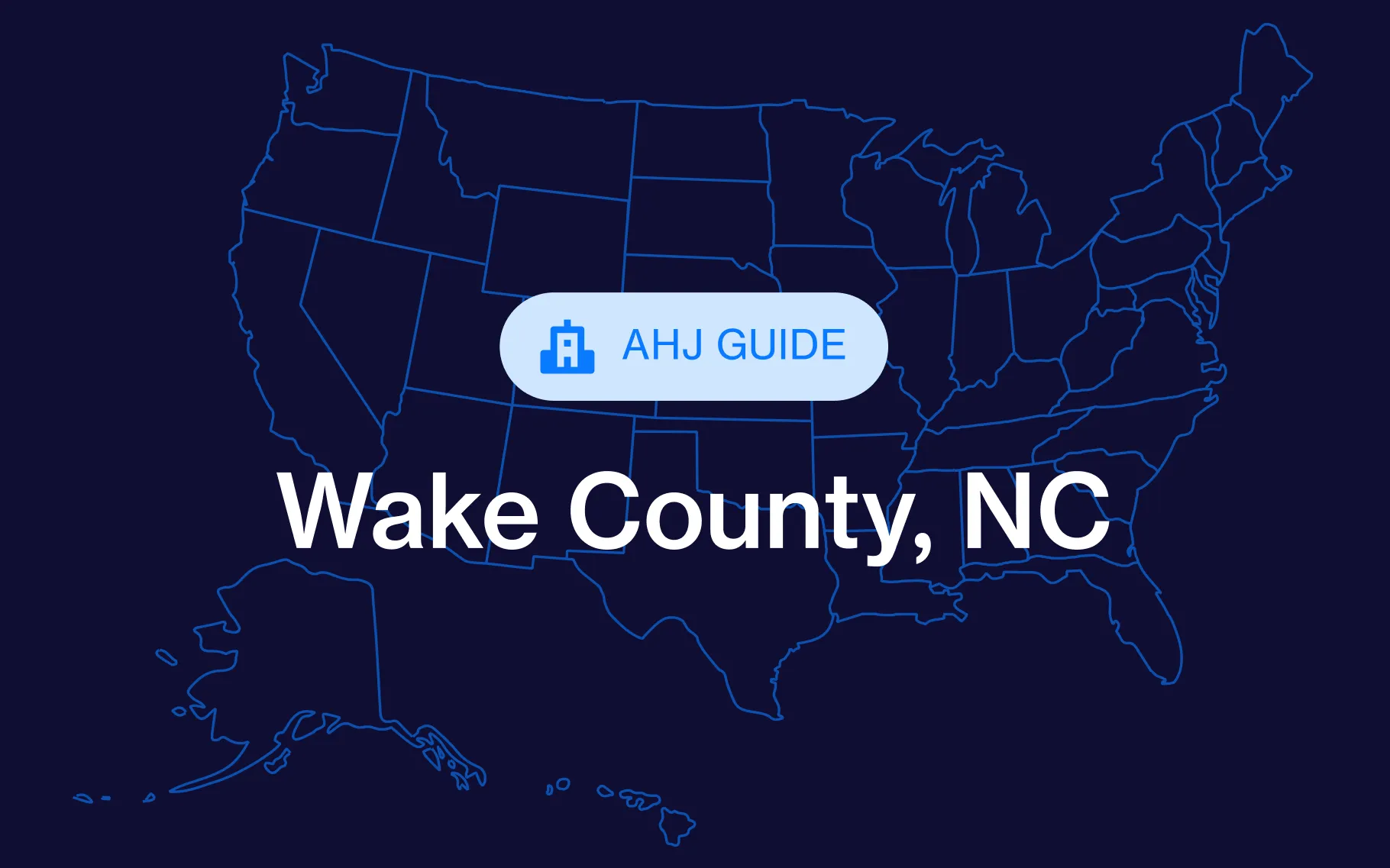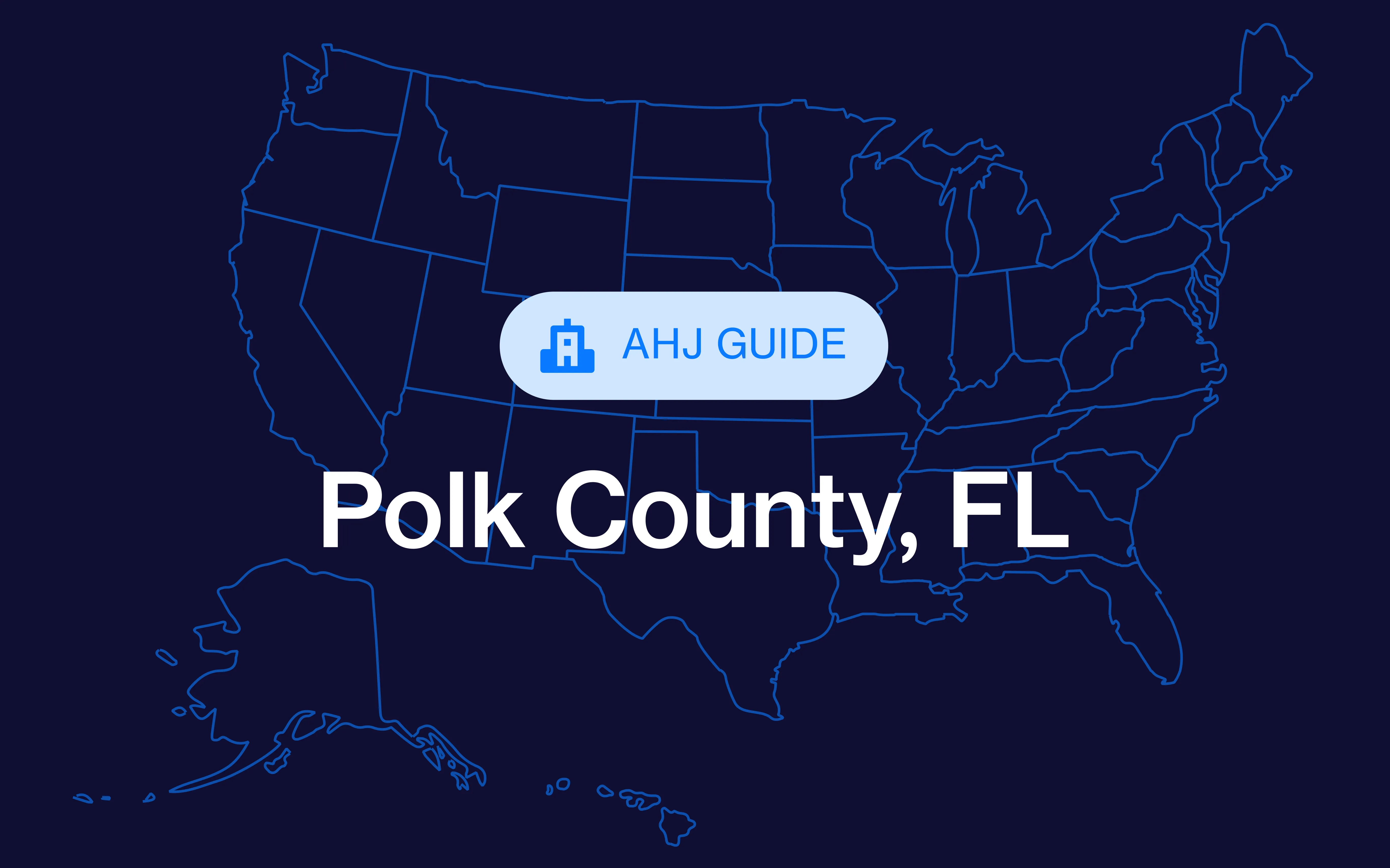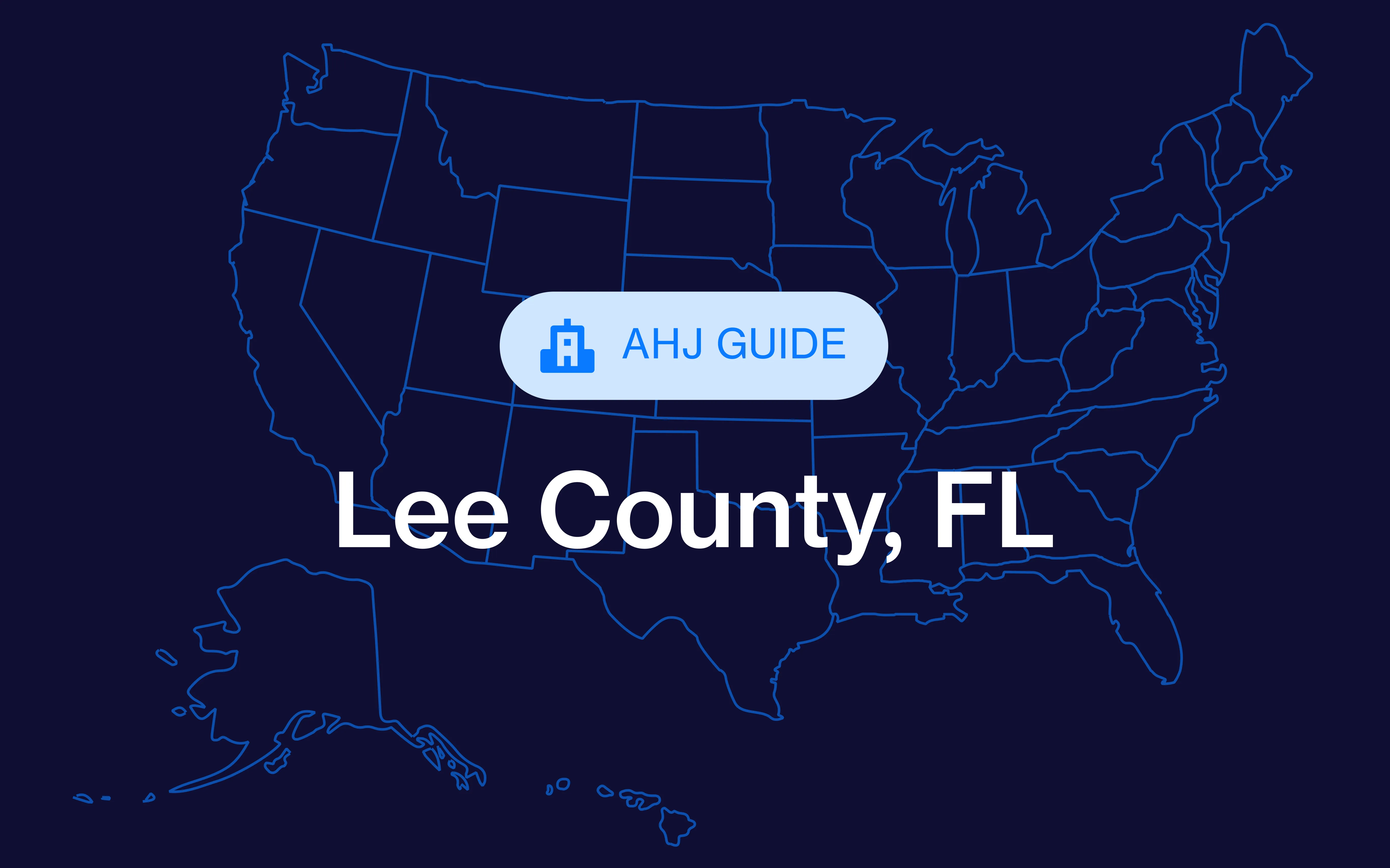Planning a construction project in Wake County, North Carolina? Before you break ground, it’s essential to understand the local permitting process — including what’s required, how much it costs, and the steps to keep your project moving.
This guide is perfect for construction companies and contractors who are new to permitting in Wake County. We cover permit requirements, fees, application steps, and more.
Simplify permitting in Wake County with PermitFlow. Learn more.
What requires a building permit in Wake County?
Permit requirements in Wake County vary depending on the scope and type of your project. In general, you’ll need a building permit for any work that impacts the structure, systems, or use of a building.
Common examples include:
- New construction: Building new residential or commercial structures
- Additions and alterations: Expanding or modifying existing structures, including room additions, garage conversions, and structural changes
- Electrical work: Installing, modifying, or repairing electrical wiring, devices, appliances, or equipment
- Plumbing work: Installing, replacing, or relocating plumbing systems
- Mechanical/HVAC work: Installing or altering heating, ventilation, or air-conditioning systems
- Demolition: Removing all or part of a building or structure
- Change of occupancy: Converting a building to a different use or classification
What doesn’t require a building permit?
Some minor projects in Wake County are exempt from permitting requirements. These typically include nonstructural or low-impact improvements, such as:
- Nonstructural work under $40,000 in single-family residences
- Farm buildings located outside municipal jurisdictions
- Small accessory buildings where no dimension exceeds 12 feet
- Exterior replacements like windows, doors, or siding on residential homes
- Deck and porch repairs including picket, railing, stair tread, or decking replacement
For more detailed guidance, visit Wake County’s official Inspections & Permits page.
Wake County building permit costs
Wake County building permit fees are often charged as a flat base rate plus a small per-square-foot fee. Certain permits are charged at a flat rate.
Residential building permits
Commercial building permits
Additional fees
To find out more about the fees and which one you need, refer to the Inspections & Permits Fee Schedule page.
How long do building permits last in Wake County?
Building permits in Wake County are typically valid for six months from the date of issuance. If you don't start work within that time, your permit expires. You can ask for an extension, but the Inspections & Permits department has to approve it.
How to get a building permit in Wake County?
Step 1: Determine permit requirements
Find out whether your project requires a permit by going to the Wake County Inspections & Permits department page or using the Permit Portal.
Step 2: Prepare necessary documentation
Gather all required documents, which typically include:
- A completed Wake County building permit application (available through the Permit Portal)
- A site plan detailing the property's layout
- Construction plans compliant with the 2018 North Carolina Residential Code
Step 3: Submit application
Submit your application and supporting documents through the Wake County Permit Portal. If you're new to the portal, consult the Permit Portal Guide & Tutorials for assistance.
Step 4: Application review
The Inspections & Permits department will review your application for compliance with building codes and regulations. You can monitor the status of your application via the Search Permit Records page.
Step 5: Permit issuance
Once your application is approved, you'll be notified to pay any remaining fees. After payment, your permit will be issued, allowing you to start work.
Step 6: Inspections
Schedule required inspections through the Permit Portal or by contacting the Inspections & Permits department directly. Timely inspections are crucial to ensure compliance and avoid project delays.
Who issues building permits in Wake County?
The Wake County Planning, Development & Inspections department is responsible for issuing building permits for unincorporated areas and certain municipalities, including Knightdale, Rolesville, Wendell, and Zebulon.
Useful information:
- Address: 336 Fayetteville Street, Suite 101, Raleigh, NC 27601
- Phone: (919) 856-6222
- Email: Wake.Permitting@wakegov.com
- Website: Wake County Inspections & Permits
- Wake County building permit search: Access here
- Permit Portal: Access here
Streamline Wake County permitting with PermitFlow
Getting permits approved in Wake County isn’t always easy — especially when you're juggling multiple forms, departments, and deadlines. PermitFlow simplifies the process with tools and support built for busy builders, developers, and contractors.
Here’s how we help:
- Local expertise: Work with professionals who understand Wake County’s specific permitting rules and workflows
- Simplified submissions: Prepare and submit applications quickly and accurately
- Clear, real-time tracking: Stay informed with updates at every stage of the review process
- Built-in collaboration: Keep your team aligned with shared access and communication tools
Don’t let permitting hurdles delay your project. Contact us to learn how we can assist with your next project in Wake County.








